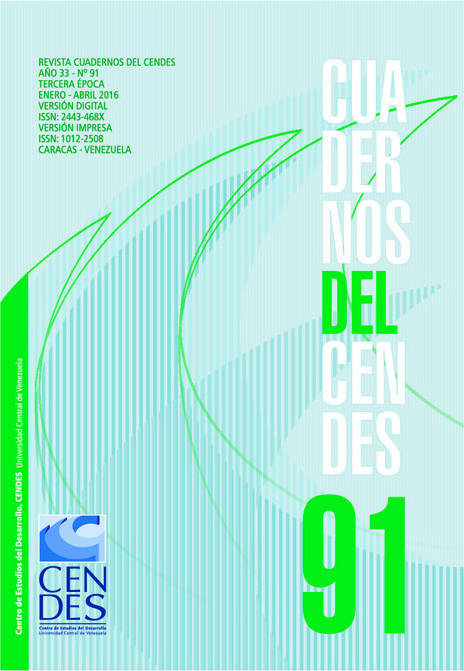Análisis de la posición ideológica del gobierno ecuatoriano en el contexto de la movilización indígena antiextractiva
Palabras clave:
Ecuador, Movimiento Indígena, Extractivismo, Minería, ProtestaResumen
Este artículo estudia la dimensión discursiva de la disputa entre el gobierno de Rafael Correa y el movimiento indígena ecuatoriano con respecto a la política minero- energética. Se examina principalmente el modo en que el gobierno justifica sus proyectos mineros ante los planteamientos de las organizaciones indígenas. Los discursos de los actores se analizan mediante el concepto del marco semántico de David Snow y Robert Benford y en relación con las propuestas ideológicas originales del gobierno. De esta manera se revelan las discrepancias entre las promesas preelectorales y la política real del Gobierno de Rafael Correa con respecto a la minería y a los derechos de los pueblos indígenas, lo que representa una contribución al debate sobre los verdaderos impactos de los gobiernos de la «Nueva Izquierda» en la política latinoamericana.
Abstract
The article explores the discursive dimension of the dispute between the government of Rafael Correa and Ecuadorian indigenous movement with respect to the mining policy. Firstly, the text explores the way the government justifies its mining (developmental) projects against the proposals of indigenous people. The discourses of main actors are analyzed through the concept of framing of David Snow and Robert Benford and in relation to the original ideological proposals of the government. In this way the text
reveals the discrepancies between pre-election promises and real behavior of the government of Rafael Correa with respect to the mining and the rights of indigenous people. Thus the article represents a contribution to the debate about the real impacts of the governments of the «New Left» on the content of Latin American policy.

